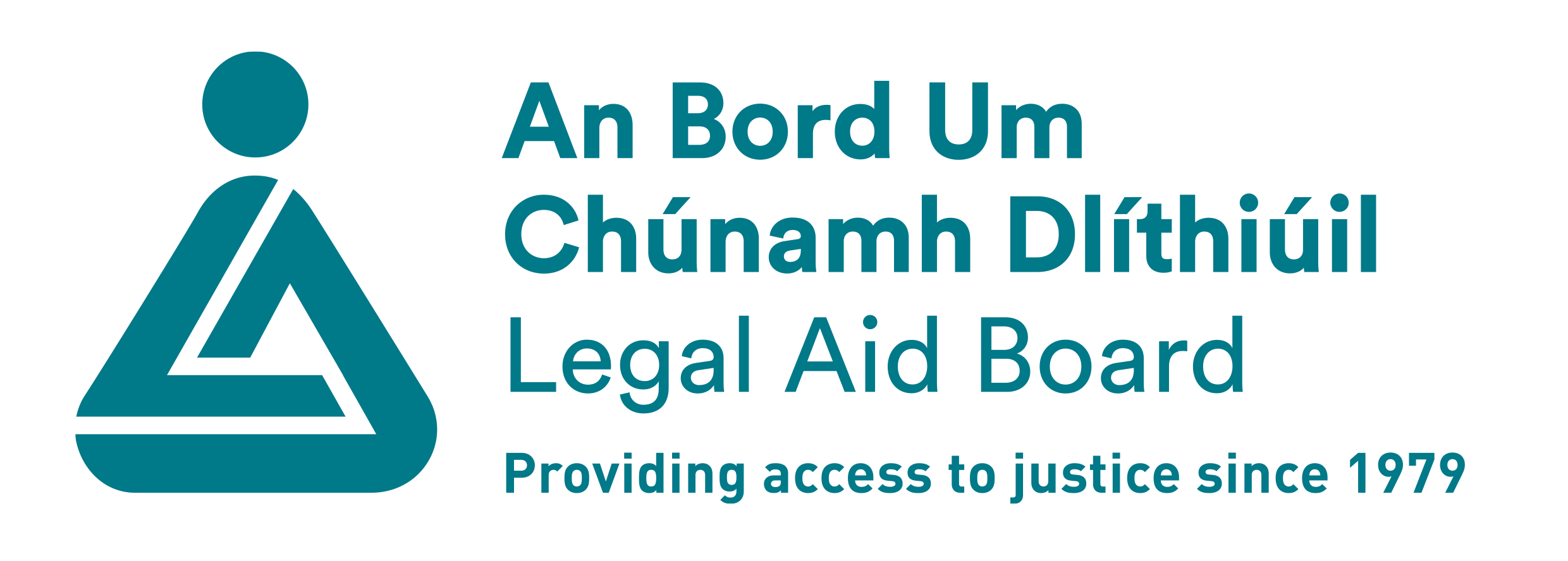Since the 1st November 2006, if a person is admitted to hospital against their will (involuntary patient), they are entitled to have a mental health tribunal within 21 days of their admission. The Mental Health Commission is responsible for establishing these tribunals.
A mental health tribunal consists of three people, as follows:
- A legal member (a barrister or solicitor who will act as Chairman)
- A lay person
- A consultant psychiatrist
The tribunal will listen to the facts surrounding the case, and make sure that a person is only detained in hospital in keeping with the law. Patients have the right to be represented at the mental health tribunal by a legal representative who is appointed by the Mental Health Commission. They will also arrange for an independent medical examination to be carried out by a Consultant Psychiatrist. Patients have the right to attend their tribunal if they want to.
The function of the mental health tribunal is to either revoke or affirm an admission or renewal order. Mental health tribunals can also consider proposed transfers to the Central Mental Hospital and proposals related to the use of psycho-surgery.
If you have a query about providing legal aid at mental health tribunals, contact the Mental Health Commission.
